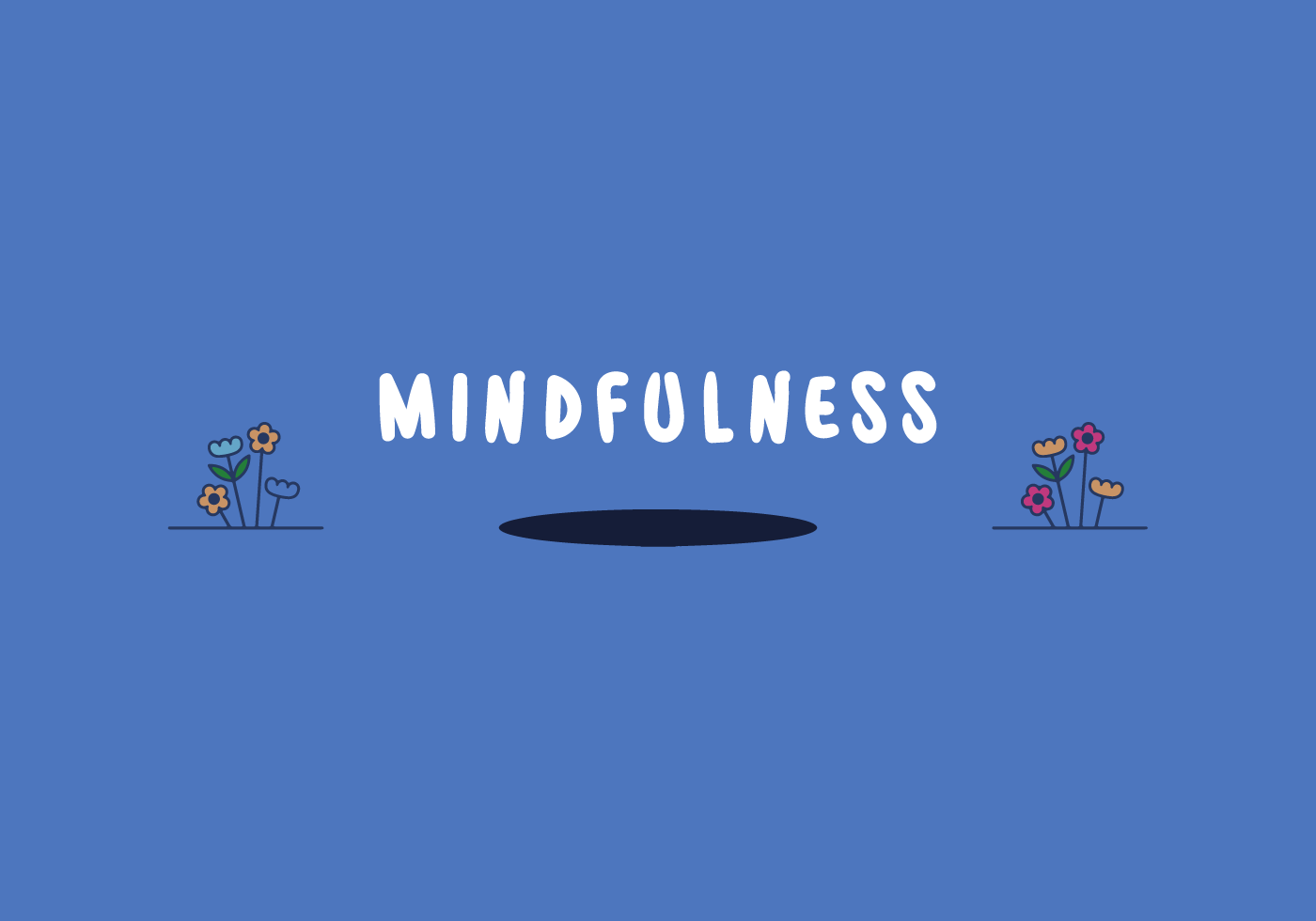
In a place where the environment is filled with doing and doing work, it is vital for us to take a minute to just relax and breathe. Mindfulness, in its simplest terms, means learning how to pay close attention. When practised correctly, it allows you to slow down and observe the world without any form of judgment. If you live with the kind of mind full of persistent and excessive worry, mindfulness can help reduce your worrying thoughts and bring about a feeling of balance, calm, and even focus. Even if I give it just 20 minutes a day, it has a tremendous impact on your mental health and well-being. If we practice mindfulness, we can soon be able to identify the positive change within us. First, let us understand what mindfulness really is.
Mindfulness means paying attention to what is going on inside and outside of us, moment by moment. It is also quite easy to lose in touch with the way our bodies are feeling and to end up living 'in our heads', caught up in our thoughts without stopping to notice how these thoughts tend to drive our emotions and then behaviour. An important part of mindfulness is about reconnecting with our bodies and the sensations we may experience. This means waking up to the sights, sounds, smells and tastes of the present moment. It is about allowing ourselves to see the present moment distinctly. When we effectively start doing that, it can positively change the way we see ourselves and of course our lives.
It helps you become fully engaged in all your activities and creates a greater capacity to deal with any unfavourable events. By focusing on the here-and-now, most people who practise mindfulness find that they are less likely to get caught up in the worries about the future or regrets over the past, are less preoccupied with concerns about success and self-esteem and are better able to form deeper connections with others. Being mindful makes it easier to savour the pleasures of life as and when they occur. Mindfulness techniques also improve physical health in a number of ways. Mindfulness can help relieve stress, reduce the risk of heart disease, lower blood pressure, reduce chronic pain, improve sleep, and alleviate the symptoms of gastrointestinal difficulties.
Anxiety can mentally exhaust you and have tremendous negative effects on your body. But before you get anxious about being anxious, please know that you can reduce your anxiety and stress with a simple mindfulness practice. Mindfulness is all about paying attention to our daily life and the things we typically rush through. It is about turning down the volume in your mind by coming back to the body. Anxiety is a cognitive state that is connected to an inability to regulate your emotional responses to discerning threats. Mindfulness meditation strengthens a person’s ability to regulate their emotions.
If you want to conquer the anxiety of life, live in the moment; live in the breath. The present moment is not necessarily a place of rest. Meditation can put us in touch with our stress and anxiety, and that is why it can be so helpful. Mindfulness and meditation can help soften feelings of anxiousness, reduce stress, and even calm a panic attack when it sets in. Anxiety is our body’s way of saying that it is experiencing too much stress all at once. This can happen to the best of us. But, when the feeling of being always alert becomes a background noise that does not go away: that is when it is time to seek help. It could be that you need support from a mental health professional like a counsellor or therapist, but even alongside therapy, mindfulness can be a helpful practice.
Here are a few steps you could use to channel your anxiety:
Bring attention to your experience in a more open manner; become aware of thoughts, feelings or sensations in the body that are present and see if you can watch them from one moment to the next.
Bring a focus that is much more concentrated and centred; focus your breath towards whichever part of your body might need some attention. You can also focus on the sensation of the breath itself; the breath of the belly, or the chest, or the nostrils – anywhere that the breath makes itself known, focus on how it feels.
Become fully aware of sensations in the body as a whole, sitting with the whole body, the whole breath pattern.
By attending to the three steps above, you can support your mindfulness practice and help it flourish with a smile on your face and a positive attitude of wellbeing.
Mindfulness doesn't always have to be a seated meditation, either. You can be mindful wherever you are, just by deciding to notice your thoughts and feelings and the world around you. Trying new things is another way to help you see the world differently – try a different route on your lunchtime walk, or work from another place in your home. Mindfulness has tremendously improved a few lives, enabling them to live a more fulfilled life, not just existing. I hope it does the same for you.